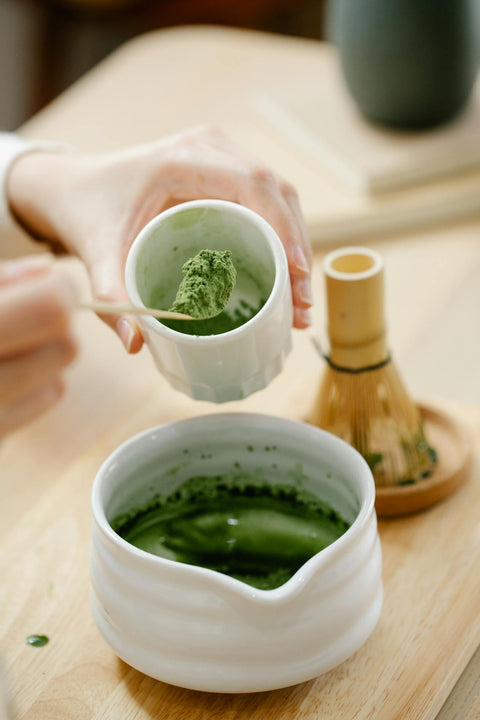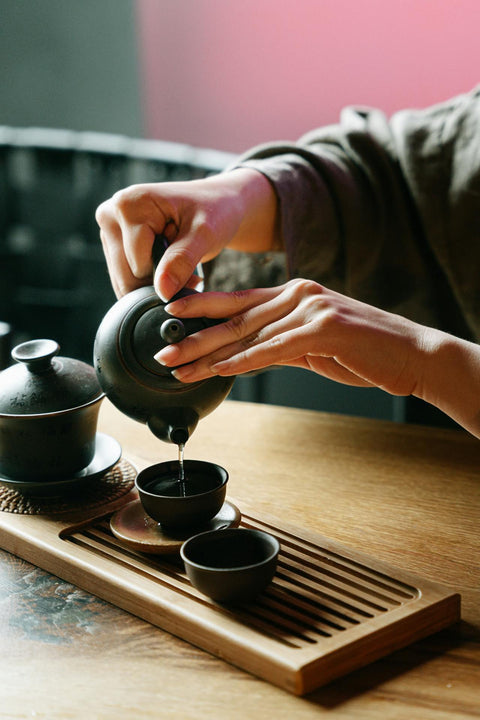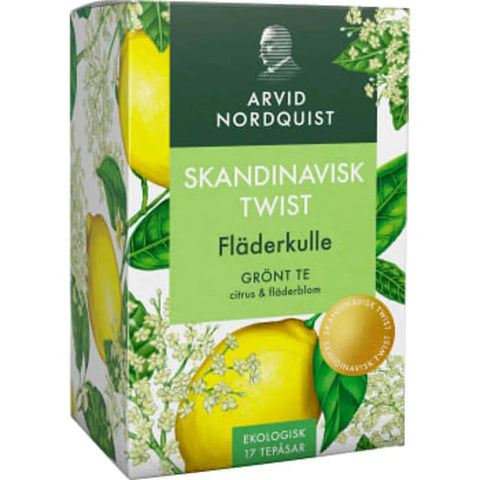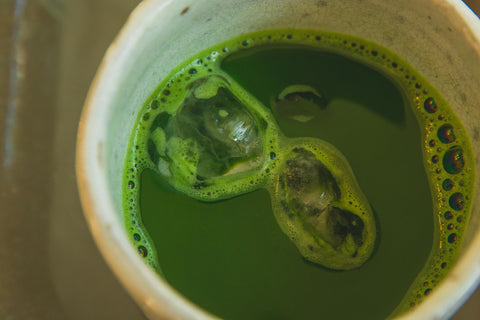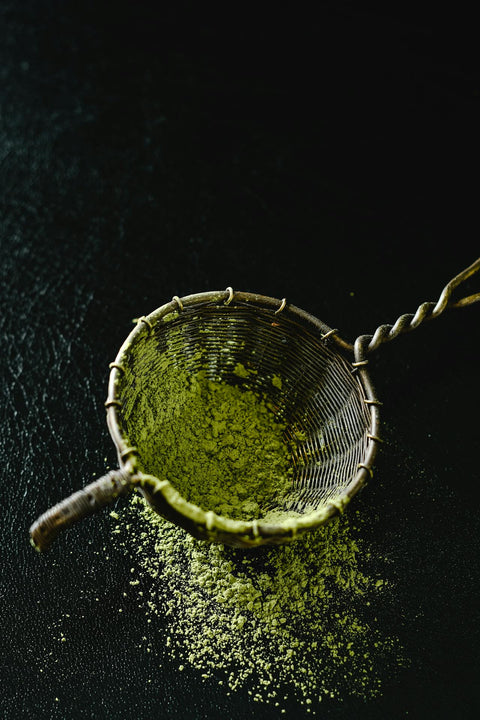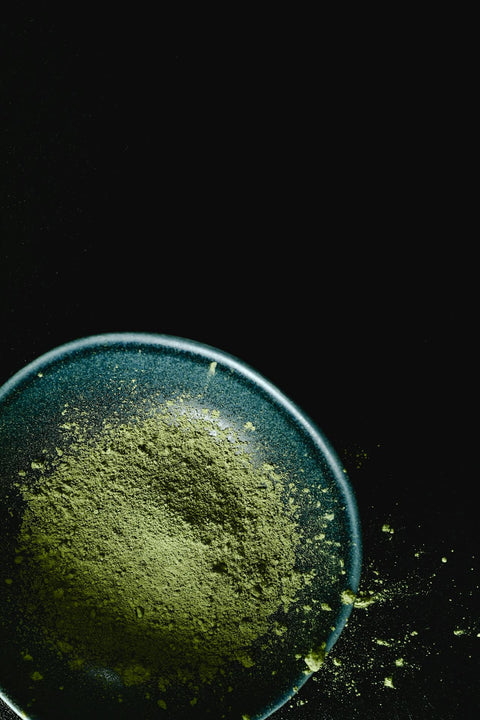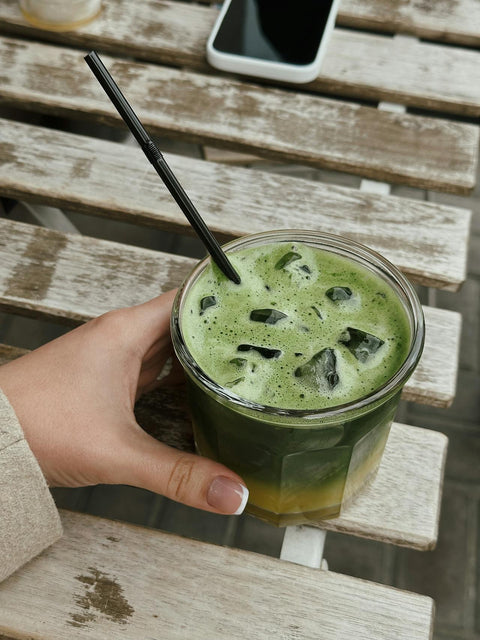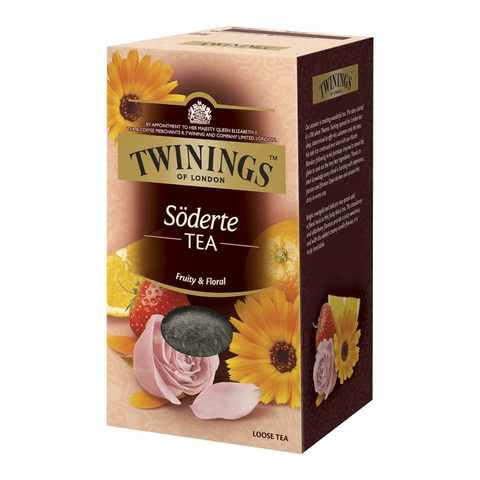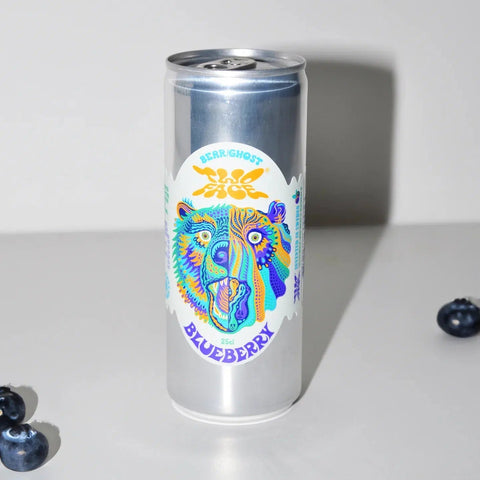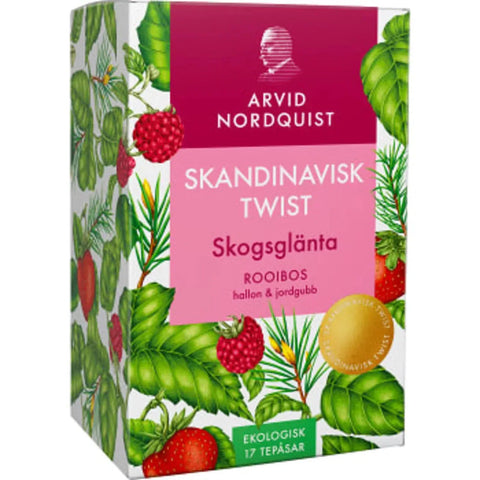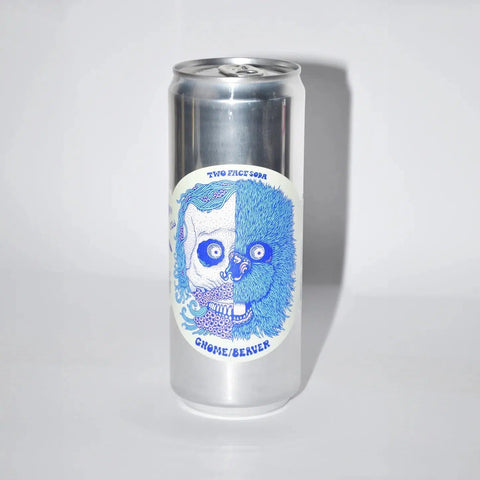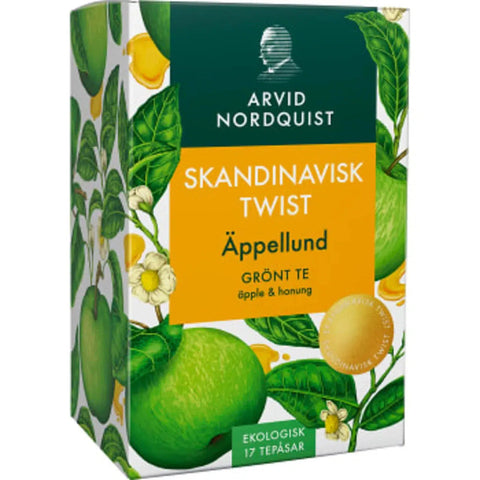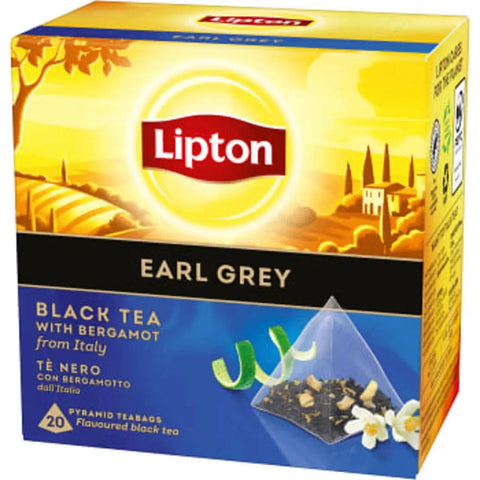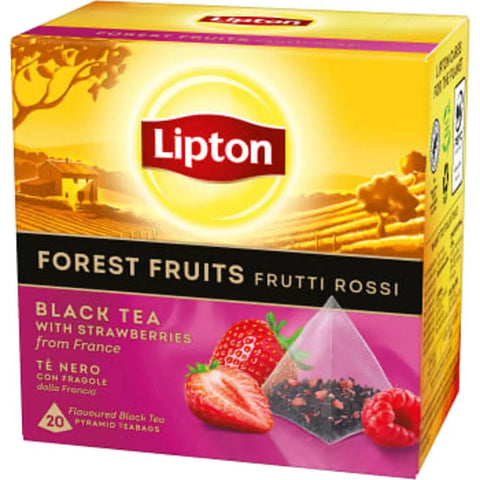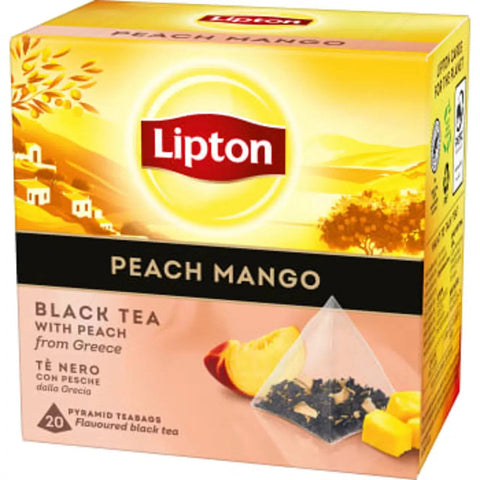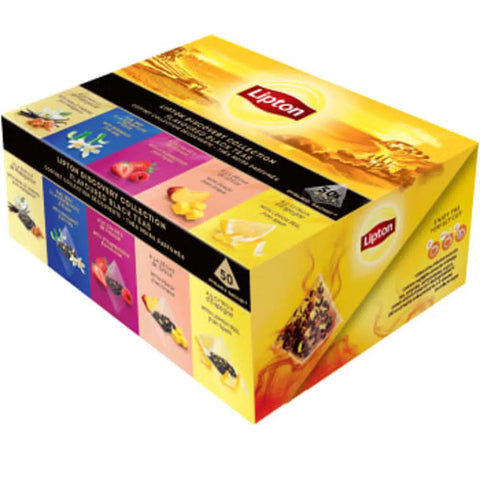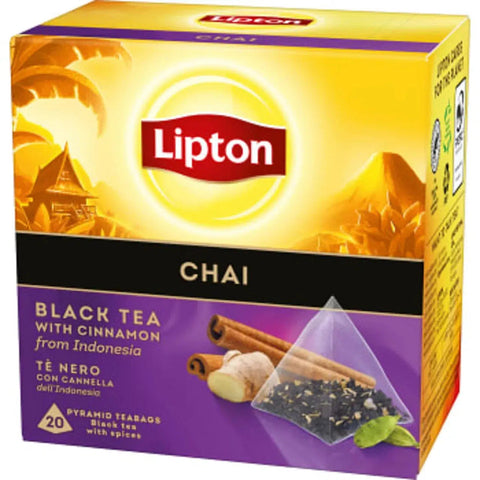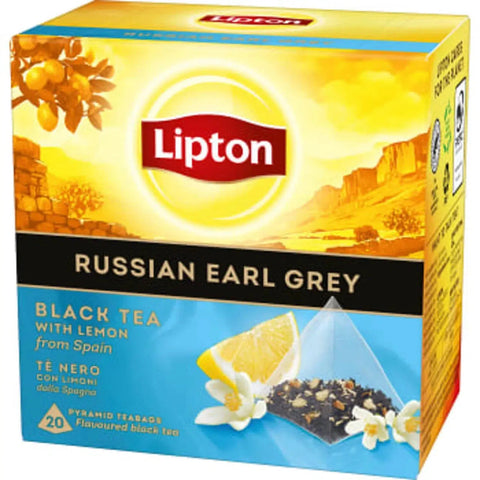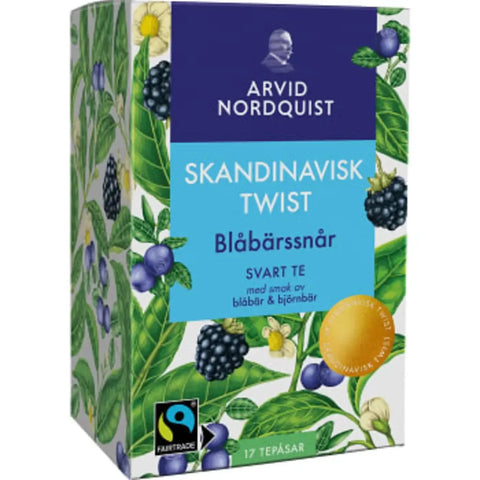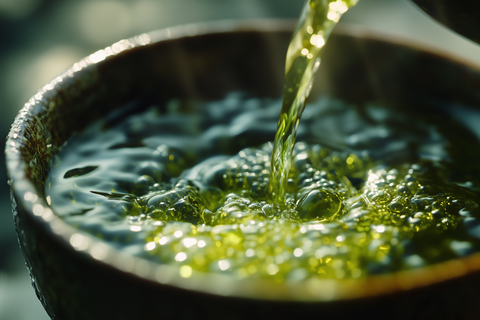

Forget Coffee, Why Green Tea Might Be the Ultimate Superdrink!
For centuries, green tea has been more than just a drink. It has been a ritual, a source of energy, and a symbol of longevity. Buddhist monks relied on it to maintain focus during long hours of meditation, while samurai warriors drank it before battle for its supposed mental and physical benefits. Today, in an age dominated by coffee and energy drinks, green tea is making a resurgence as a powerful alternative—one that offers sustained energy, enhanced cognitive function, and a host of health benefits.
But with so many wellness trends touting green tea as a miracle drink, it’s worth asking: how much of the hype is backed by science? Can it truly help with weight loss? Does it provide the same focus-enhancing benefits as coffee without the downsides? And could it even play a role in skincare and longevity?
In this deep dive, we’ll separate fact from fiction and explore why green tea just might be the ultimate superdrink.
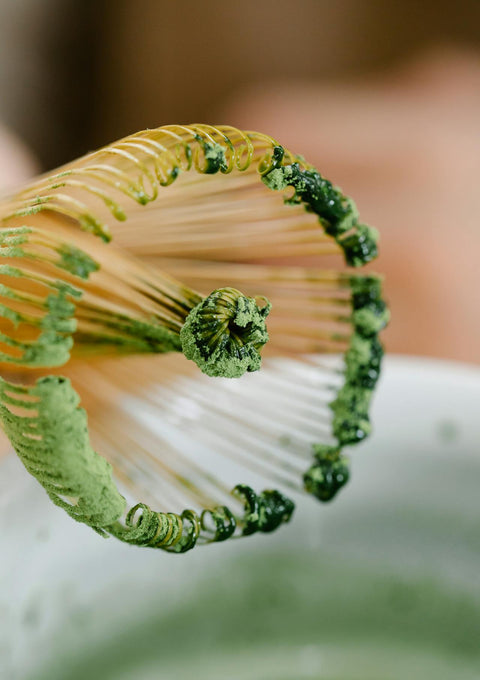
Green Tea and Fasting: The Perfect Pair?
Intermittent fasting has gained popularity for its ability to promote weight loss, improve metabolic health, and support cellular repair. But anyone who has tried fasting knows that hunger cravings and energy dips can be difficult to manage—especially in the early hours of a fasting window. Many people rely on coffee to push through, but coffee’s acidity and high caffeine content can sometimes lead to stomach discomfort and energy crashes.
Green tea, on the other hand, may be an even better fasting companion. One of the key benefits of green tea is its ability to suppress appetite naturally. A study published in the Journal of the American College of Nutrition found that green tea extract significantly reduced hunger and increased satiety, making it easier for individuals to stick to their fasting regimen. Researchers believe that the catechins in green tea, particularly epigallocatechin gallate (EGCG), help regulate hunger hormones like ghrelin, which signals when you need to eat.
Beyond hunger suppression, green tea may also enhance the fasting process itself. Research suggests that green tea supports autophagy—the body's natural process of removing damaged cells and regenerating new ones. A 2018 study in Aging found that EGCG can promote autophagy by inhibiting mTOR, a protein that regulates cell growth and metabolism. This means that drinking green tea while fasting may enhance some of the cellular repair benefits of fasting itself.
To incorporate green tea into a fasting routine, it’s best to drink it plain—without milk or sweeteners, which can break the fast. Matcha, a powdered form of green tea, is an especially effective option because it provides a more concentrated dose of EGCG and caffeine, offering a gentle but sustained energy boost.
Green Tea and Mental Performance: The Zen Secret to Focus
The ability to stay focused and alert without feeling overstimulated is rare in today’s fast-paced world. Many people turn to coffee for cognitive enhancement, but its high caffeine content can sometimes lead to jitteriness, anxiety, and energy crashes. Green tea, on the other hand, provides a smoother, more balanced form of mental stimulation—one that has been used for centuries by monks, scholars, and warriors alike.
The secret lies in the unique combination of caffeine and L-theanine, an amino acid found almost exclusively in tea leaves. Unlike coffee, which delivers a sharp spike of caffeine followed by a crash, green tea provides a steady release of energy. A study published in Nutritional Neuroscience found that when caffeine is combined with L-theanine, it improves attention and reaction time more effectively than caffeine alone. The study participants who consumed both compounds together reported feeling more focused and less prone to distraction compared to those who consumed caffeine without L-theanine.
In addition to boosting focus, green tea may also support long-term brain health. A 2014 study published in Psychopharmacology found that EGCG, the primary catechin in green tea, increased connectivity between different regions of the brain, which could enhance cognitive performance and memory retention. Another study in Molecular Nutrition & Food Research suggested that regular green tea consumption may help protect against neurodegenerative diseases like Alzheimer's and Parkinson’s, thanks to its ability to reduce oxidative stress and inflammation in the brain.
For those looking to improve mental clarity, drinking a cup of matcha or high-quality green tea before a work session, study session, or meditation practice can provide a gentle but effective cognitive boost. Some individuals even incorporate green tea into their mindfulness routines, sipping it slowly while focusing on their breath to enhance both relaxation and concentration.
Can Green Tea Really Help With Weight Loss? The Truth vs. The Hype
Green tea is often marketed as a fat-burning superdrink, with claims that it can dramatically speed up metabolism and lead to effortless weight loss. But how much truth is there to these claims?
The reality is that while green tea can support weight loss, it is not a magic bullet. Several studies suggest that green tea can slightly increase calorie expenditure. One study published in The American Journal of Clinical Nutrition found that participants who consumed green tea extract burned about 4% more calories per day than those who did not. While this effect is small, it can add up over time when combined with a healthy diet and regular exercise.
Another way green tea may assist with weight loss is through its impact on fat oxidation. A meta-analysis published in Obesity Reviews found that green tea extract, particularly its EGCG content, increased fat oxidation both at rest and during exercise. This suggests that drinking green tea before a workout may help the body use fat as fuel more efficiently.
However, it’s important to note that green tea alone won’t lead to significant weight loss. The best results come from using it as part of a well-rounded approach that includes healthy eating and physical activity. Instead of viewing it as a miracle drink, it’s better to think of green tea as a supportive tool in an overall healthy lifestyle.

The Dark Side of Green Tea: When Too Much is Harmful
Despite its many benefits, green tea is not without its risks—especially when consumed in excess. One of the biggest concerns is its potential impact on iron absorption. Green tea contains tannins and catechins, which can bind to iron in food and make it harder for the body to absorb. A study published in The American Journal of Clinical Nutrition found that drinking tea with meals reduced iron absorption by up to 60%. For individuals at risk of iron deficiency, such as those with anemia, it’s best to drink green tea between meals rather than with food.
Another potential concern is liver toxicity. While drinking natural green tea is safe, highly concentrated green tea extracts—often found in weight loss supplements—have been linked to liver damage in some cases. A review published in Frontiers in Pharmacology warned that high doses of green tea catechins could lead to liver stress, especially when taken in supplement form.
Caffeine sensitivity is another factor to consider. While green tea contains less caffeine than coffee, excessive consumption can still lead to sleep disturbances, anxiety, and heart palpitations in some individuals. Those who are sensitive to caffeine should limit their intake, particularly in the evening.
To enjoy green tea safely, it’s best to stick to moderate amounts—about three to four cups per day—and avoid highly concentrated extracts unless advised by a healthcare professional.

Green tea is far more than just a trendy beverage. With its ability to support fasting, enhance focus, aid in weight management, and even improve skin health, it has rightfully earned its status as a superdrink. However, like all things, moderation is key. While it offers a wide range of benefits, excessive consumption can lead to unintended side effects.
For those looking for a balanced, sustainable alternative to coffee, green tea offers an energy boost without the drawbacks of caffeine overload. And with centuries of tradition and modern scientific research backing its benefits, it’s clear that green tea isn’t just a passing trend—it’s a time-tested tool for better health.



